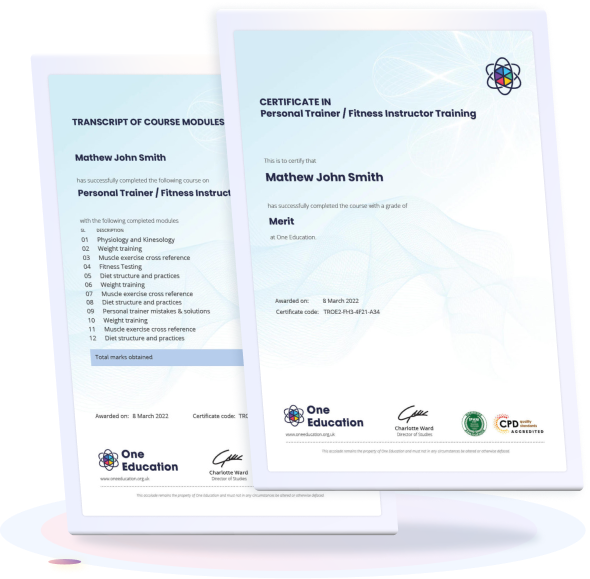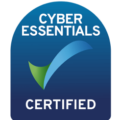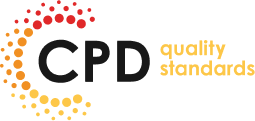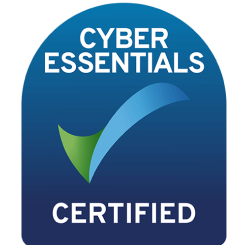Course Curriculum
| EYFS and Key Stage 1 & 2 Teaching Assistant - Updated Version | |||
| Early Years Teaching | |||
| Module 01: Introduction to EYFS | 00:15:00 | ||
| Module 02: Importance of Early Years in Development | 00:22:00 | ||
| Module 03: EYFS Teaching Techniques | 00:17:00 | ||
| Module 04: Working as an EYFS Teacher | 00:21:00 | ||
| Module 05: Promoting Learning and Development | 00:33:00 | ||
| Module 06: Children Having Special Education Needs or Disabilities | 00:19:00 | ||
| Module 07: Parents’ Guide to the Early Years Foundation Stage | 00:12:00 | ||
| Module 08: Welfare Requirements | 00:19:00 | ||
| Module 09: The EYFS Educational Philosophies and Privileges | 00:16:00 | ||
| Module 10: Registration, Inspection, and Quality Improvement | 00:13:00 | ||
| Module 11: EYFS Framework in 2021 | 00:13:00 | ||
| KS1 and KS2 Teaching Assistant | |||
| Primary Education in the UK | 00:36:00 | ||
| Responsibilities, Qualifications and Skills | 00:15:00 | ||
| Children with Special Educational Needs | 00:26:00 | ||
| National Curriculum in England | 00:14:00 | ||
| Types of Schools in the UK | 00:15:00 | ||
| Child Development | 00:13:00 | ||
| Moving to Key Stage 1 from EYFS | 00:19:00 | ||
| Starting at Key Stage 1 | 00:29:00 | ||
| English Requirements at Key Stage 1 | 00:35:00 | ||
| English Requirements at Key Stage 2 | 00:34:00 | ||
| English Teaching Strategies | 00:40:00 | ||
| Mathematics for Key Stage 1 | 00:29:00 | ||
| Mathematics for Lower Key Stage 2 | 00:26:00 | ||
| Mathematics for Upper Key Stage 2 | 00:31:00 | ||
| Teaching Strategies for Mathematics | 00:25:00 | ||
| Science for Key Stage 1 | 00:17:00 | ||
| Science for Key Stage 2 | 00:38:00 | ||
| Science Teaching Strategies | 00:23:00 | ||
| Geography and History Study Program | 00:31:00 | ||
| Geography and History Teaching Strategies | 00:20:00 | ||
| Other Primary Subjects for Key Stage 1 | 00:28:00 | ||
| Other Primary Subjects for Key Stage 2 | 00:31:00 | ||
| Mock Exam | |||
| Mock Exam – EYFS and Key Stage 1 & 2 Teaching Assistant | 00:20:00 | ||
| Final Exam | |||
| Final Exam – EYFS and Key Stage 1 & 2 Teaching Assistant | 00:20:00 | ||
| EYFS and Key Stage 1 & 2 Teaching Assistant - Old Version | |||
| **Early Years Teaching** | |||
| Module 1: Introduction to EYFS Teaching and Early Years of Childhood Development | |||
| The Importance of Education in Early Childhood | 00:05:00 | ||
| Why is Education Important? | 00:15:00 | ||
| Key Benefits of Early Childhood Education | 00:15:00 | ||
| The Importance of Parent Involvement in Early Childhood Education | 00:05:00 | ||
| How education affects early childhood development? | 00:15:00 | ||
| Qualities of a Good Early Childhood Teacher | 00:05:00 | ||
| Module 2: Working as an EYFS Teacher | |||
| The Role of the Early Years Teacher | 00:15:00 | ||
| Working with Young Children | 00:45:00 | ||
| Teaching Kids Life Skills at an Early Age | 00:15:00 | ||
| Teach Preschool Kids to Count | 00:15:00 | ||
| Setting Up a Reward System for Children | 00:15:00 | ||
| Teach New Skills by Acting out Scenes | 00:05:00 | ||
| Teach Kids about their Feelings | 00:05:00 | ||
| Teaching Self-Care Skills to Children with Special Needs | 00:15:00 | ||
| Teach Your Kids Time Management Skills | 00:30:00 | ||
| Requirements, Qualifications and Useful Skills | 00:05:00 | ||
| Module 3: Understanding the EYFS Framework | |||
| The Early Years Framework | 00:30:00 | ||
| Understanding the EYFS Framework | 00:05:00 | ||
| A Fair and Flexible Framework | 00:05:00 | ||
| Regulation of Learning and Development | 00:15:00 | ||
| Module 4: Promoting Learning and Development | |||
| The Learning and Development Requirements | 00:30:00 | ||
| The Early Learning Goals | 00:15:00 | ||
| The Characteristics of Effective Learning | 00:30:00 | ||
| Module 5: Curriculum for EYFS Teaching | |||
| The EYFS Curriculum Design | 00:05:00 | ||
| Learning and Teaching Through Play | 00:30:00 | ||
| Playful Learning and Playful Teaching | 00:15:00 | ||
| Module 6: Methods for EYFS Teaching | |||
| Teaching Methods | 00:15:00 | ||
| Strategies for 21st Century Early Childhood Teachers | 00:15:00 | ||
| Creating an Enabling Environment | 00:30:00 | ||
| Innovative Ideas to Make Your Teaching Methods More Effective | 00:15:00 | ||
| Module 7: Working with Children Having Special Education Needs or Disabilities (SEN/SEND) | |||
| Understand Constructivism in the Classroom and Know Your Role as a Teacher | 01:00:00 | ||
| SEN Code of Practice | 01:00:00 | ||
| Get an Understanding on SENCO | 01:00:00 | ||
| Classroom Management Strategies for Children with Special Needs | 01:00:00 | ||
| Physical Difficulties, Sensory Difficulties, Cognitive Impairments of Pupils | 01:00:00 | ||
| How to Deal with Pupils with Autism | 00:30:00 | ||
| Module 8: EYFS and Educational Philosophies and Exemptions to the EYFS | |||
| Montessori and the EYFS | 00:05:00 | ||
| The Montessori Approach | 00:15:00 | ||
| Exemptions from EYFS Learning and Development Requirements | 00:15:00 | ||
| Module 9: Promoting Child Welfare in the Early Years | |||
| Welfare Requirements Become Safeguarding and Welfare Requirements | 00:05:00 | ||
| Staffing Roles and Responsibilities | 00:05:00 | ||
| Module 10: Finding Work as an EYFS Teacher | |||
| Early Years Teacher | 00:30:00 | ||
| Teaching Jobs: Where to Find Them and When to Apply | 00:15:00 | ||
| How to write a Must-Read CV | 00:15:00 | ||
| **Key Stage 1 & 2 Teaching** | |||
| Module 11: Early Phonics & Alphabet, CV and Blends | |||
| Module 1: Early Phonics & Alphabet | 00:30:00 | ||
| Module 2: CVC | 00:15:00 | ||
| Module 3: Blends | 01:00:00 | ||
| Module 12: Vowel Phonemes and Other Phonics | |||
| Module 4: Vowel Phonemes | 00:30:00 | ||
| Module 5: Other Phonics | 00:15:00 | ||
| Module 13: Prefixes and Double Consonants | |||
| Module 1: Prefixes | 00:05:00 | ||
| Module 2: Double Consonants | 00:15:00 | ||
| Module 14: Plurals, Compound Words and Common Words | |||
| Module 1: Plurals | 00:30:00 | ||
| Module 2: Compound Words | 00:15:00 | ||
| Module 3: Common Words | 01:00:00 | ||
| Module 15: Spelling | |||
| Module 4: Spelling and Rhyme | 00:15:00 | ||
| Module 5: Spelling Strategies | 00:15:00 | ||
| Module 16: Alphabetical Order and Dictionary Skills | |||
| Alphabetical Order | 00:30:00 | ||
| Dictionary Skills | 00:30:00 | ||
| Module 17: Synonyms & Thesaurus Work | |||
| Module 1: Synonyms | 00:30:00 | ||
| Module 2: Thesaurus | 00:15:00 | ||
| Module 18: Proverbs and Idioms | |||
| Module 1: Proverbs | 00:15:00 | ||
| Module 2: Idioms | 00:30:00 | ||
| Module 3: Metaphorical Expressions | 00:15:00 | ||
| Module 19: Noun, Adjectives, Verbs and Adverbs | |||
| Module 1: Nouns & Adjectives | 01:00:00 | ||
| Module 1: Verbs | 00:15:00 | ||
| Module 2: Adverbs | 00:30:00 | ||
| Module 20: Writing Basic Sentences and Collective Nouns | |||
| C. Writing Basic Sentences | 00:30:00 | ||
| D. Collective Nouns | 00:15:00 | ||
| Module 21: Maths: General, Number and Number System | |||
| Module 1: Miscellaneous | 00:30:00 | ||
| Module 2. Planning & Assessment | 00:30:00 | ||
| Module 1: Counting | 01:00:00 | ||
| Module 2: Patterns & Number Sequences | 00:15:00 | ||
| Module 3: Ordering and Comparing Numbers | 00:05:00 | ||
| Module 4: Fractions, Decimals, and Percentages | 01:00:00 | ||
| Module 5: Properties of Numbers | 01:00:00 | ||
| Module 6: Place Value | 00:30:00 | ||
| Module 7: Rounding, Approximating & Estimating | 00:15:00 | ||
| Module 8: Ratio and Proportion | 00:15:00 | ||
| Module 22: Calculations | |||
| Module 1: Addition & Subtraction | 01:00:00 | ||
| Module 2: Doubling and Halving | 00:05:00 | ||
| Module 3: Using a Calculator | 00:10:00 | ||
| Module 23: Solving Problems | |||
| Module1: Word & Real Life Problems | 00:10:00 | ||
| Module 2: Money Problems | 01:00:00 | ||
| Module 24: Measures, Shape & Space | |||
| Module 1: Length or Distance | 00:15:00 | ||
| Module 2. Capacity or Volume | 00:15:00 | ||
| Module 3: 2D Shapes | 00:05:00 | ||
| Module 4: Position and Direction | 00:15:00 | ||
| Module 5: Time | 00:30:00 | ||
| Module 25: Scientific Enquiry | |||
| Module 1: Investigative Skills | 00:15:00 | ||
| Module 26: Life Processes and Living Things | |||
| Module 1: Life Processes – Worksheets | 00:15:00 | ||
| Module 2: Humans and other Animals | 00:30:00 | ||
| Module 3: Green Plants | 00:30:00 | ||
| Module 4: Variation and Classification | 00:15:00 | ||
| Module 5: Living Things in Their Environment | 00:15:00 | ||
| Module 27: Properties of Materials and Physical Processes | |||
| Module 1: Grouping and Classifying Materials | 00:30:00 | ||
| Module 2: Changing Materials | 00:30:00 | ||
| Module 3: Rocks and Soils | 00:15:00 | ||
| Module 4: Separating Mixtures of Materials | 00:15:00 | ||
| Module 1: Electricity | 00:30:00 | ||
| Module 2: Forces and Motion | 00:15:00 | ||
| Module 3: Light and Sound | 00:30:00 | ||
| Module 4: The Earth and beyond | 00:15:00 | ||
| Module 28: ICT | |||
| Module 1: General | 00:15:00 | ||
| Module 2: Word Processing, DTP and Graphics | 00:15:00 | ||
| Module 3: CD-ROMS, Internet & Email | 00:15:00 | ||
| Module 29: Art & Design and Geography | |||
| ART & DESIGN | 00:15:00 | ||
| Module 1: Maps and Plans | 00:15:00 | ||
| Module 2: Local Studies & Contrasting UK Locality | 00:15:00 | ||
| Module 3: Transport, Weather & Tourism | 00:30:00 | ||
| Module 4: Mountains and Rivers | 00:30:00 | ||
| Module 5: Around the World | 00:15:00 | ||
| Module 30: History | |||
| Module 1: Famous People | 00:15:00 | ||
| Module 2: The Tudors | 00:15:00 | ||
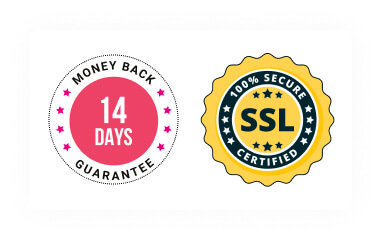
0
0
Your Cart
Your cart is emptyBrowse Courses
Upgrade to get UNLIMITED ACCESS to ALL COURSES for only £99/year
Claim Offer & UpgradeMembership renews after 12 months. You can cancel anytime from your account.
Other Students Also Buy

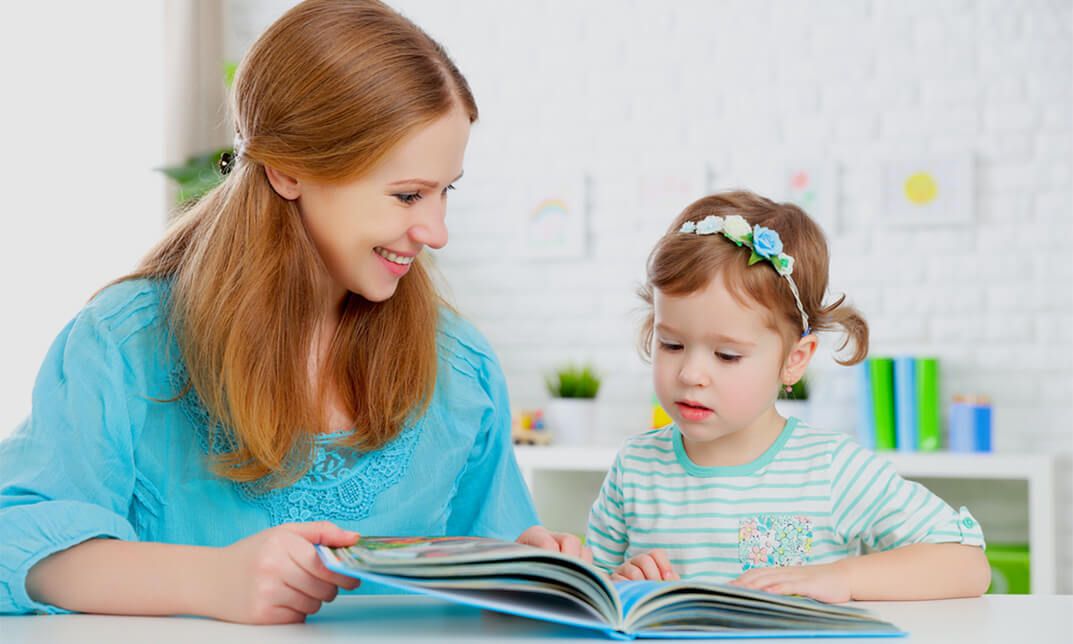
 Take All
courses for
£49
Take All
courses for
£49  1 Year Access
1 Year Access 
 512 Students
512 Students  2 days, 8 hours
2 days, 8 hours 


